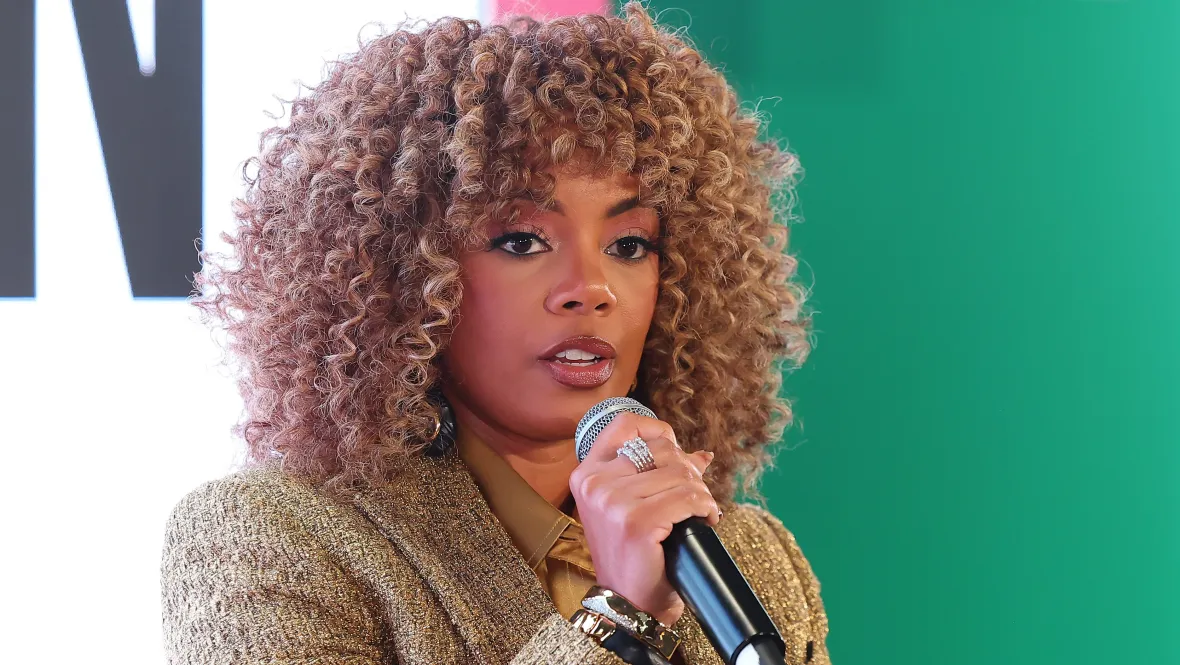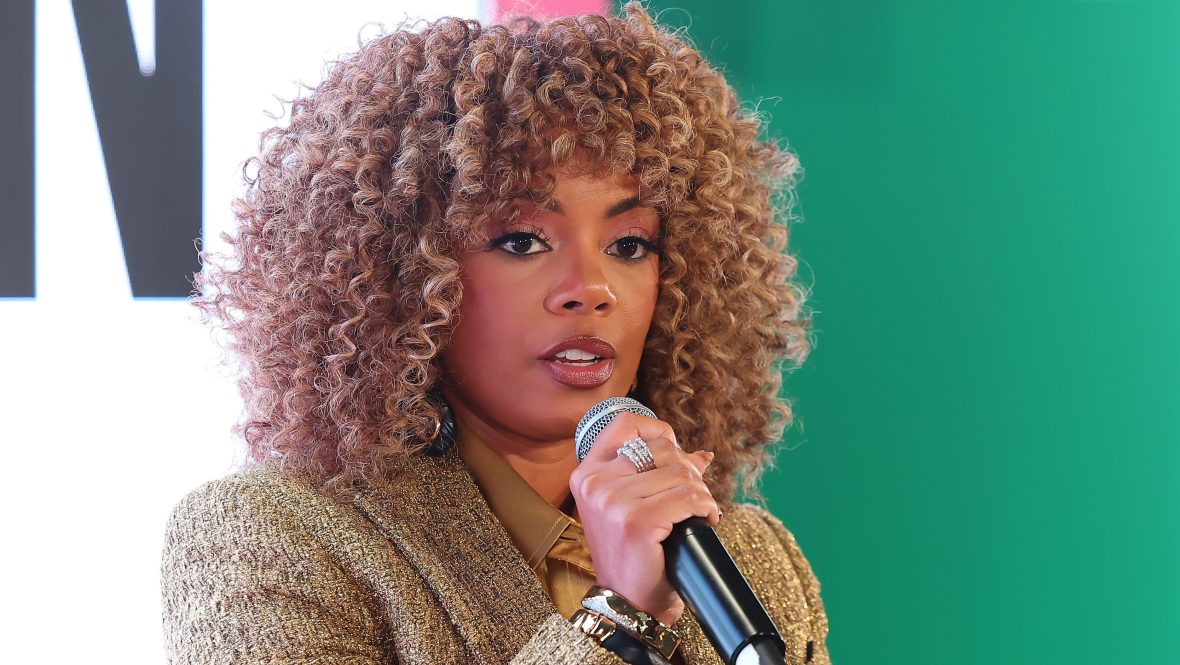Behind a beauty backlash: Mielle Organics founder claims viral controversy was fueled by paid misinformation

Monique Rodriguez, founder of Mielle Organics, alleges that a TikTok creator paid by a competitor, spread misinformation about Mielle’s products, sparking widespread backlash.
2024 has been an interesting year for Mielle Organics. After its rosemary growth oil went viral in 2023 and the brand announced its partnership with Procter & Gamble Beauty, the narrative around the once-beloved Black-owned haircare company shifted dramatically. Earlier this year, Mielle Organics found itself embroiled in social media controversy when customers began alleging that its products were causing hair loss and damage. As the backlash continues to grow, Mielle Organics’ founder, Monique Rodriguez, recently issued a new statement addressing the online uproar.
“This has been heavy on my heart, so I wanted to share this. I’ve always been very transparent with you all, and this situation is no different. As many of you have been seeing, Mielle has been buzzing in the media lately,” Rodriguez said in a video posted on Instagram Reels. “Here’s the thing: We recently discovered that the original TikTok creator who sparked all of those rumors about Mielle products causing hair loss and falsely claiming that the rosemary mint oil formula has changed has been paid by one of our competitors. Yes, this creator was earning a commission to promote a competitor’s product while spreading misinformation about our products for their own personal gain.”
Though she did not name the specific creator who kickstarted the controversial discourse or the competitor allegedly involved, Rodriguez explained that their video has since been removed, emphasizing that viewers “deserve to know the truth” and if there are “hidden motives behind the misinformation that they’re hearing.”
In September, complaints about Mielle Organics began to flood social media timelines, from X to TikTok to Instagram. Customers shared personal experiences with the products, sparking a heated debate. While many users reported negative results, others argued that these outcomes could be tied to user error. The polarized discussion opened the door to broader conversations about Black women’s haircare, the accountability of beauty brands, and the overall integrity of the natural haircare industry.
Some users, loyal to Mielle for years, speculated that the changes they were experiencing were linked to P&G Beauty’s acquisition of the brand, suspecting possible formula alterations. When the controversy first erupted, Rodriguez described her partnership with P&G as a chance to “further [expand] access to healthy hair products and services for Black women around the world.” She also firmly denied any changes to the products, reiterating that Mielle Organics uses “healthy ingredients” to deliver “safe and effective results.”
Rodriguez reaffirmed this position in her recent Instagram video.
“I just want to reassure you guys that our products are safe. They are based on consistent formulas, sourcing, and processes,” she said. “They are used and loved by millions of satisfied customers every day without a problem.”
Despite the founder’s unwavering defense of her business’s integrity, many social media users remain dissatisfied with Rodriguez’s response to the growing wave of consumer complaints. At the core of their frustration is a feeling that the brand has sidestepped accountability and failed to truly acknowledge the collective experiences being voiced by its customers.
“Girl, if we’re telling you it’s thinning our hair — BELIEVE US!” one user commented on Rodriguez’s Instagram post.
Similar sentiments poured in on TikTok, where multiple women shared their experiences in the comments of the founder’s video.
“I’m not a creator, but I am a victim, and I’ve used Mielle since 2016. Last year, my hair changed drastically, so something in the products definitely changed. Switched to Camille [Naturals] and Design Essentials,” one user wrote.
Another added, “Everyone can’t be lying [though]. Mielle used to always make my hair feel like butter, [but] now it’s so drying and not the same.”
In response, Mielle Organics has leaned on automated replies, assuring commenters that “We hear you! Our products have not undergone any formula changes since our acquisition with P&G. The formulas of your favorite Mielle products are still the same. We hope this helps!”
For many, it doesn’t. While some sympathize with the brand’s uphill battle against public criticism, others are fed up with what feels like a lack of authentic engagement and tone-deaf dismissal. For Black consumers — particularly Black women — their concerns are too often brushed aside in mainstream retail spaces and conversations about personal care products. Perceiving that same disregard from a brand that claims to be made for us, by us has left many feeling not only frustrated but deeply disheartened.
More must-reads:

